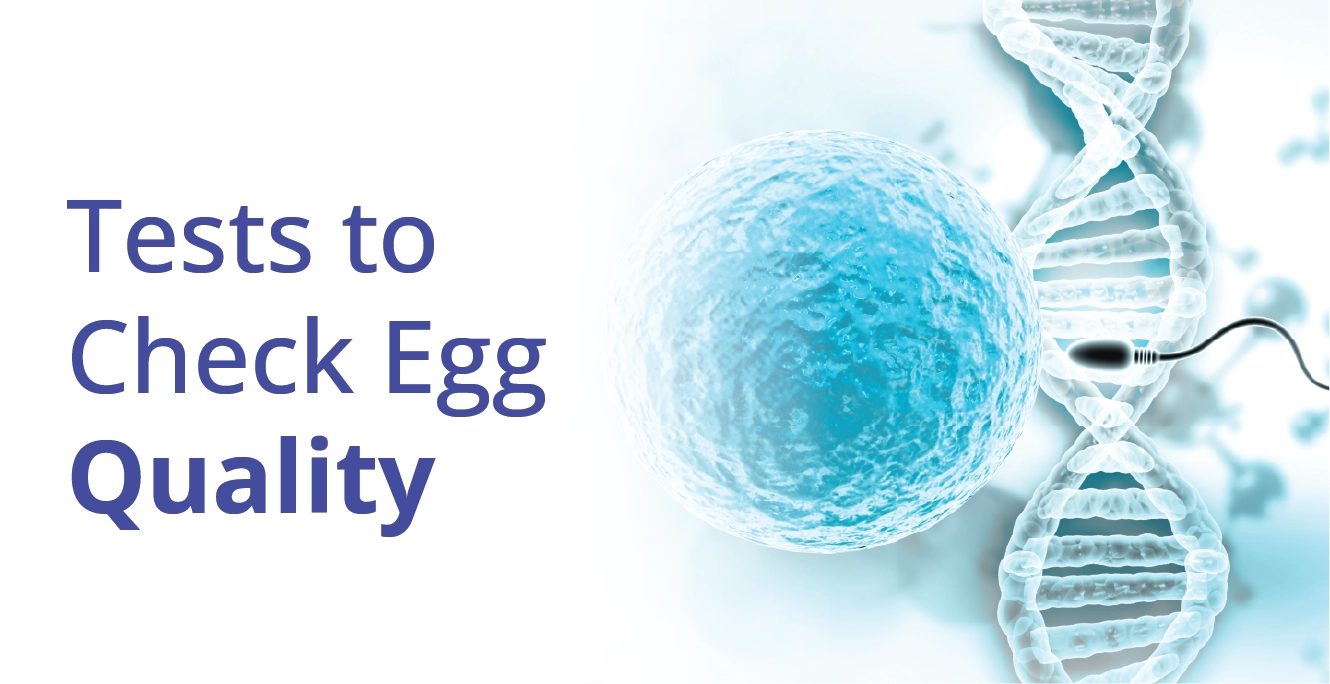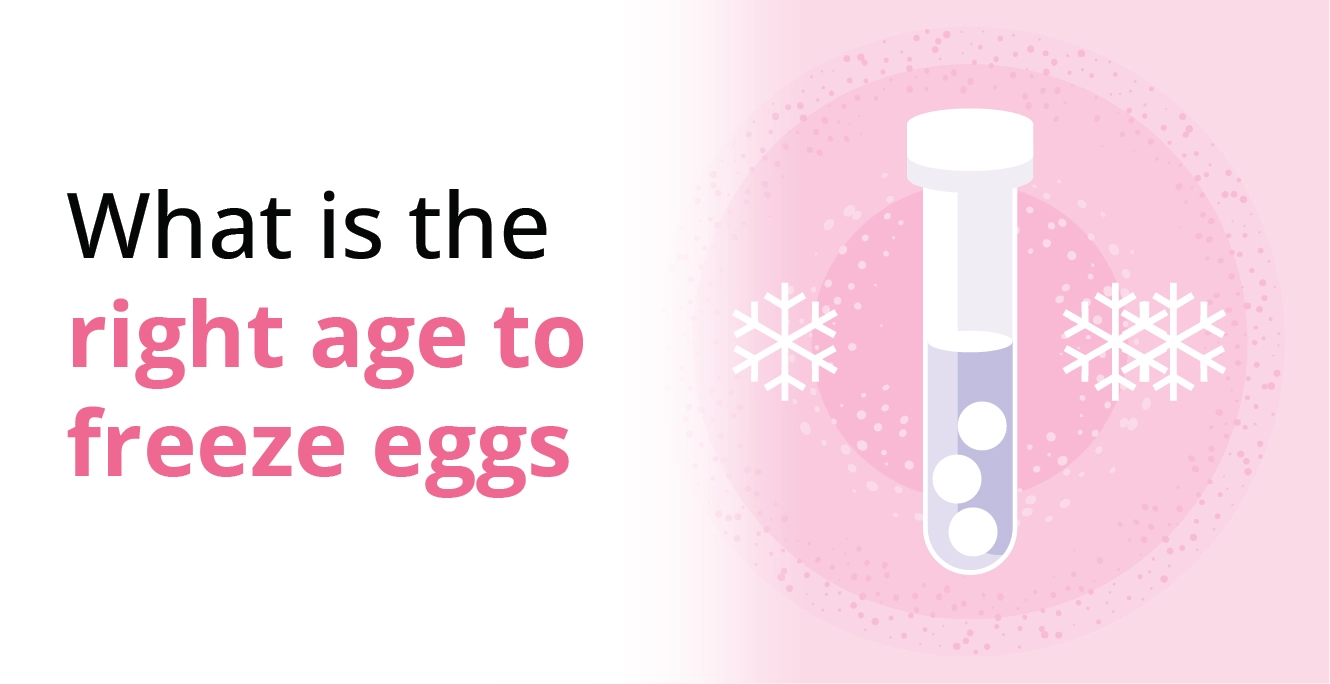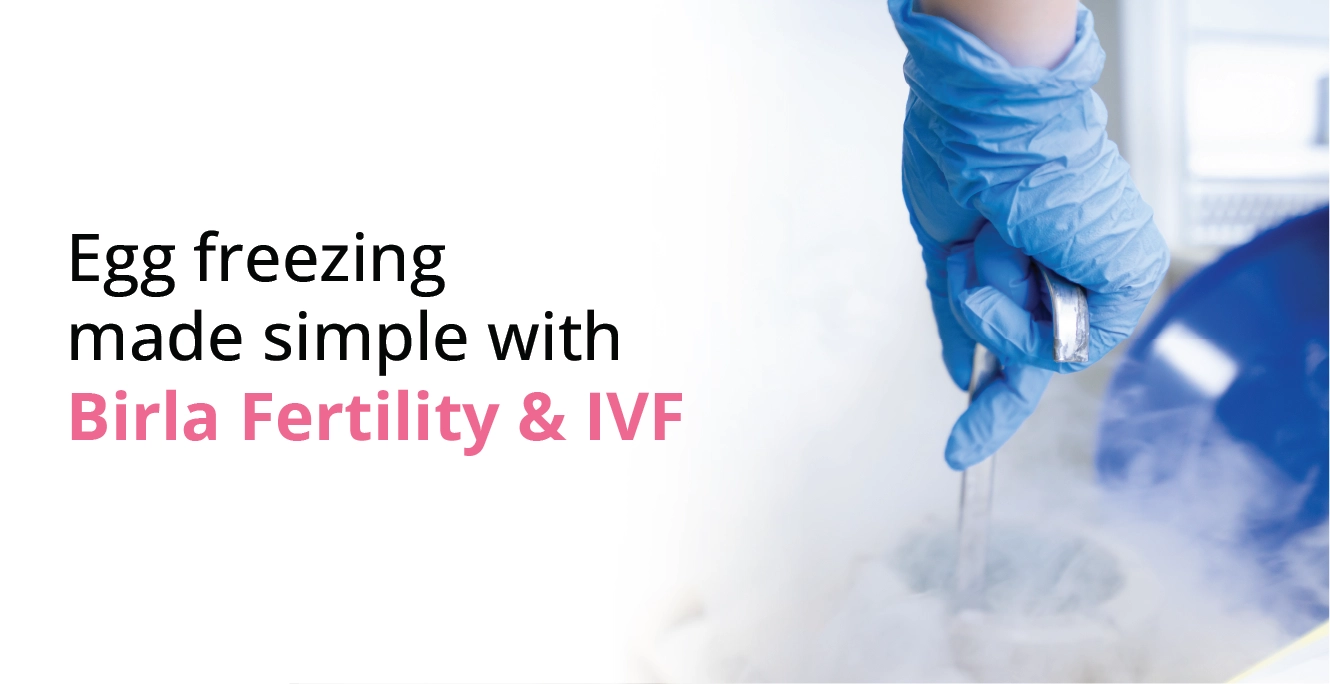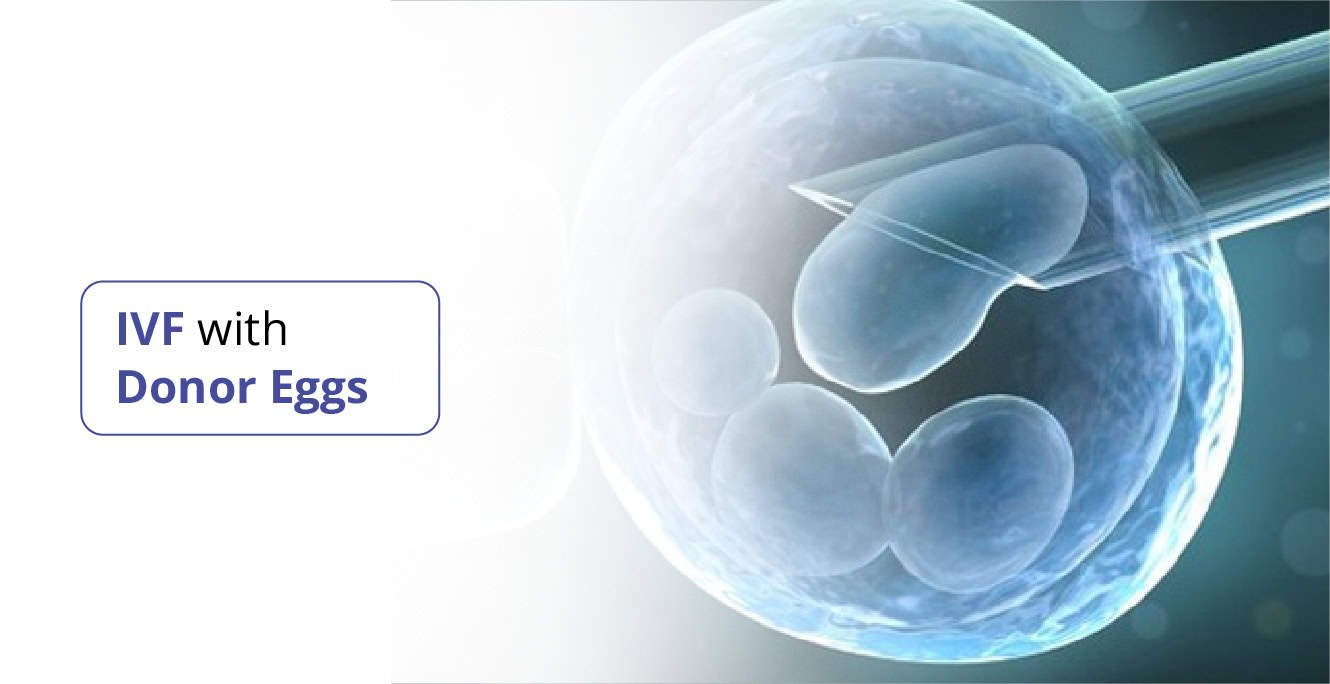
Food to Improve Female Egg Quality

Table of Contents
- Key takeaways
- The Fertility Diet: Nourishing Your Eggs
- Nutrient-Packed Foods for Egg Health
- 1. Nuts and Seeds: Nature’s Powerhouses
- 2. Fatty Fish: Swim Your Way to Better Eggs
- 3. Legumes: Plant-Based Protein for Fertility
- 4. Fruits and Veggies: The Antioxidant Brigade
- 5. Full-Fat Dairy: Creamy Goodness for Your Eggs
- Quick Tip: The Magic of Protein
- 6. Whole Grains: Balanced Energy for Reproductive Health
- 7. Spices and Herbs: Flavor with Benefits
- Nutrient Spotlight: The Importance of Folate
- Fruits for Fertility: Nature’s Sweet Treats
- Vitamins and Supplements for Egg Quality
- Nutrient-Packed Foods for Egg Health
- Foods to Avoid for Better Egg Health
- Lifestyle Changes for Better Egg Quality
- Additional Tips for Optimal Egg Quality
- The Importance of Regular Checkups
- Things To Remember About Egg Quality
- A Word from the Expert
Key takeaways
- Boosting female egg quality is essential for improving fertility and chances of conception with or without IVF Treatment.
- Including antioxidant-rich foods such as berries, leafy greens, and nuts can shield eggs from oxidative stress.
- Omega-3 fatty acids in fish and walnuts aid hormonal balance, while folate in greens like spinach ensures DNA integrity.
- Vitamin D from sunlight and oily fish supports reproductive health. Iron-rich foods like red meat and spinach boost oxygen supply to reproductive tissues.
- Soy and flaxseeds with phytoestrogens enhance hormonal balance. Whole grains provide fibre to stabilise blood sugar, crucial for egg health.
- Limiting processed foods, sugar, alcohol, and caffeine can significantly improve your reproductive prospects.
When you’re ready to start a family, it’s natural to want to do everything in your power to boost your chances. The journey can be full of ups and downs, especially when fertility challenges arise.
One thing we may realise is just how much your diet can impact your reproductive health. Just as you prioritise wholesome foods for your overall well-being, giving your eggs that same care can make a difference.
Such as a balanced selection of nutrient-dense foods can support female egg quality and help you feel empowered on your path to parenthood.
The Fertility Diet: Nourishing Your Eggs
Just like a well-tended garden, your eggs thrive on a balanced diet rich in essential nutrients. A Mediterranean-inspired eating plan, brimming with fruits, vegetables, nuts, seeds, whole grains, and lean proteins, is particularly beneficial for optimal fertility. Let’s explore some of the top foods that can help you boost egg quality and enhance your fertility.
Nutrient-Packed Foods for Egg Health
1. Nuts and Seeds: Nature’s Powerhouses
- Walnuts: These brain-shaped wonders are packed with omega-3 fatty acids and vitamin E, which support ovulation and sperm health. Snack on a handful of walnuts daily to improve sperm count and motility.
- Brazil Nuts: Just a few of these selenium-rich nuts per day can help repair chromosomal damage in eggs and create a favorable environment for egg production.
2. Fatty Fish: Swim Your Way to Better Eggs
- Salmon: This pink powerhouse is loaded with omega-3 fatty acids, which improve egg quality and delay ovarian aging. Other low-mercury options like sardines, mackerel, and herring are equally beneficial.
3. Legumes: Plant-Based Protein for Fertility
-
Beans and Lentils: These humble staples are excellent sources of protein, iron, B vitamins, magnesium, and folate. They help regulate blood sugar levels and support cell repair, making them a must-have in your fertility diet to improve egg quality.
4. Fruits and Veggies: The Antioxidant Brigade
- Berries: Bursting with antioxidants, vitamin C, and folate, berries shield your eggs from oxidative stress, helping you increase egg quality naturally.
- Broccoli: This green goddess is a folate powerhouse, essential for egg maturation and embryo implantation.
- Avocados: Creamy and delicious, avocados are rich in monounsaturated fats that support healthy reproduction and boost egg quality.
Did You Know?
Indian gooseberries, or amla, are a staple in Ayurveda for their antioxidant properties and high vitamin C content. These nutrients may improve ovarian function by combating oxidative damage, a common factor in poor egg quality. Including amla in your diet could support better fertility outcomes
5. Full-Fat Dairy: Creamy Goodness for Your Eggs
-
Milk and Cheese: Contrary to popular belief, full-fat dairy products are associated with a lower risk of ovulatory infertility. They contain vitamins A, E, and D, as well as polyamines, which are beneficial for egg health.
Quick Tip: The Magic of Protein
Did you know that high-protein foods can positively impact egg quality? Consuming protein-rich foods like lentils, chickpeas, and paneer can support ovarian function and hormone production. In India, these are staple ingredients in many dishes, making it easy to include them in your diet. Try adding lentils to your daily dal or enjoying paneer tikka for a protein boost.
6. Whole Grains: Balanced Energy for Reproductive Health
-
Whole Grains: Opting for whole grains over refined carbs helps maintain a healthy body weight by preventing rapid blood sugar spikes and stabilizing blood sugar levels, which is crucial for optimal reproductive function.
7. Spices and Herbs: Flavor with Benefits
-
Cinnamon: This sweet spice helps combat insulin resistance and enhances ovarian function, making it particularly beneficial for women with PCOS who are looking to improve egg quality.
-
Ginger: Known for its anti-inflammatory properties, ginger improves digestion and blood circulation, helping regulate menstrual cycles and support overall reproductive health.
Nutrient Spotlight: The Importance of Folate
Folate, also known as Vitamin B9, is crucial for improving egg quality and supporting overall reproductive health. Foods rich in folate include green leafy vegetables, beans, and fortified grains. Incorporating palak (spinach) or methi (fenugreek) into your meals is an easy way to enhance folate intake in an Indian diet.
Fruits for Fertility: Nature’s Sweet Treats
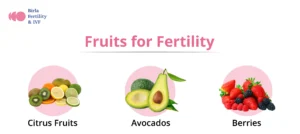
Fruits are not only delicious but also packed with nutrients that can increase egg quality. Here are some fertility-friendly fruits to include in your diet:
- Citrus Fruits: Grapefruits, lemons, oranges, and tangerines are high in vitamin C and polyamines, which support reproductive health.
- Berries: Strawberries, raspberries, cranberries, and blueberries are loaded with antioxidants, vitamin C, and folate, protecting your eggs from oxidative stress.
- Avocados: Rich in folate, vitamin K, and healthy fats, contributing to egg quality.
Vitamins and Supplements for Egg Quality
In addition to a nutrient-rich diet, certain vitamins and supplements can help boost egg quality:
|
Vitamin/Supplement |
Benefits for Egg Quality |
|---|---|
|
Folic Acid |
Essential for egg maturation and embryo implantation |
|
Vitamin D |
Supports reproductive health and maintains healthy eggs |
|
Coenzyme Q10 (CoQ10) |
Crucial for energy production in egg cells, associated with higher-quality eggs and pregnancy rates |
Ensuring adequate intake of these nutrients through foods and, if necessary, supplements can help boost egg quality.
Foods to Avoid for Better Egg Health
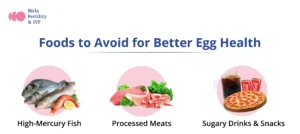
Just as certain foods can improve egg quality, others can hinder your fertility efforts. Here are some foods to minimise or avoid:
- High-Mercury Fish: Fish like shark and swordfish contain high levels of mercury, which can reduce fertility and cause abnormal menstrual cycles.
- Processed Meats: Deli meats, bacon, and sausages are often high in sodium, preservatives, and unhealthy fats, which can negatively impact egg quality.
- Sugary Drinks and Snacks: Excessive sugar consumption can lead to insulin resistance and inflammation, harming egg health.
Lifestyle Changes for Better Egg Quality
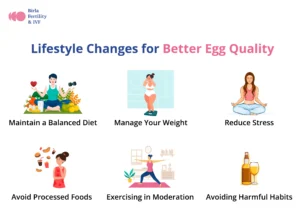
While a diet to improve egg quality is essential, lifestyle factors also play a significant role in your fertility journey. Here are some key changes you can make to optimise your egg health:
- Maintain a Balanced Diet: Embrace a Mediterranean-inspired eating plan rich in fruits, vegetables, nuts, seeds, whole grains, and lean proteins to balance blood sugar levels and provide an antioxidant boost.
- Manage Your Weight: Excess weight gain can increase oxidative stress and inflammation, negatively impacting egg quality. Aim for a healthy weight through a balanced diet and regular exercise.
- Reduce Stress: High stress levels can disrupt hormonal balance and affect egg quality. Engage in stress-reducing activities like yoga, meditation, or deep breathing exercises to promote relaxation and well-being.
- Avoid Processed Foods: A diet high in processed foods, added sugars, and saturated fats can lead to insulin resistance and oxidative stress, which can harm egg quality. Focus on whole, minimally processed foods instead.
- Exercising in Moderation: While moderate physical activity can improve overall health and reproductive function, extreme exercise can have adverse effects on fertility. Find a balanced approach that works for you.
- Avoiding Harmful Habits: Smoking and excessive alcohol consumption are known to negatively impact egg quality and overall fertility. Avoiding these habits can significantly improve your reproductive health.
Additional Tips for Optimal Egg Quality
- Start Prenatal Vitamins: Begin taking a prenatal multivitamin supplement at least three months before trying to conceive to ensure adequate intake of essential nutrients.
- Try Seed Cycling: This involves eating specific seeds during different phases of your menstrual cycle to address hormonal imbalances and support reproductive health. The seeds typically used include: sesame seeds, flaxseeds, pumpkin seeds, sunflower seeds.
The Importance of Regular Checkups
While focusing on a fertility diet to improve egg quality is essential, it’s equally important to schedule regular checkups with your doctor. They can monitor your reproductive health, identify any potential issues, and provide personalised guidance on your fertility journey.
Things To Remember About Egg Quality
Here’s what you should know about egg quality:
What is Egg Quality?
Egg quality reflects the genetic health of an egg, which is vital for successful fertilisation and the development of a healthy embryo.
Characteristics of a Healthy Egg:
- A healthy egg contains the correct number of chromosomes (23).
- Abnormal eggs may have an incorrect number of chromosomes, either too few or too many.
Factors That Affect Egg Quality:
- Age.
- Lifestyle choices, such as smoking or stress levels.
- Diet and overall nutrition.
Signs of Good Egg Quality:
- Regular menstrual cycles.
- Balanced hormone levels.
- The ability to conceive naturally or with assistance.
Signs of Poor Egg Quality:
- Irregular periods.
- Difficulty in achieving pregnancy.
- Increased risk of miscarriage or genetic abnormalities in offspring.
A Word from the Expert
“When it comes to optimising egg quality, nutrition plays a vital role. By nourishing your body with a balanced, nutrient-dense diet, you create a favourable environment for your eggs to thrive. Remember, small changes can make a big difference in your fertility journey. Embrace whole foods, manage stress, and prioritise self-care. Your body and your future baby will thank you.”~ Navika Singh
Our Fertility Specialists
Related Blogs
To know more
Birla Fertility & IVF aims at transforming the future of fertility globally, through outstanding clinical outcomes, research, innovation and compassionate care.
Had an IVF Failure?
Talk to our fertility experts

 Our Centers
Our Centers










